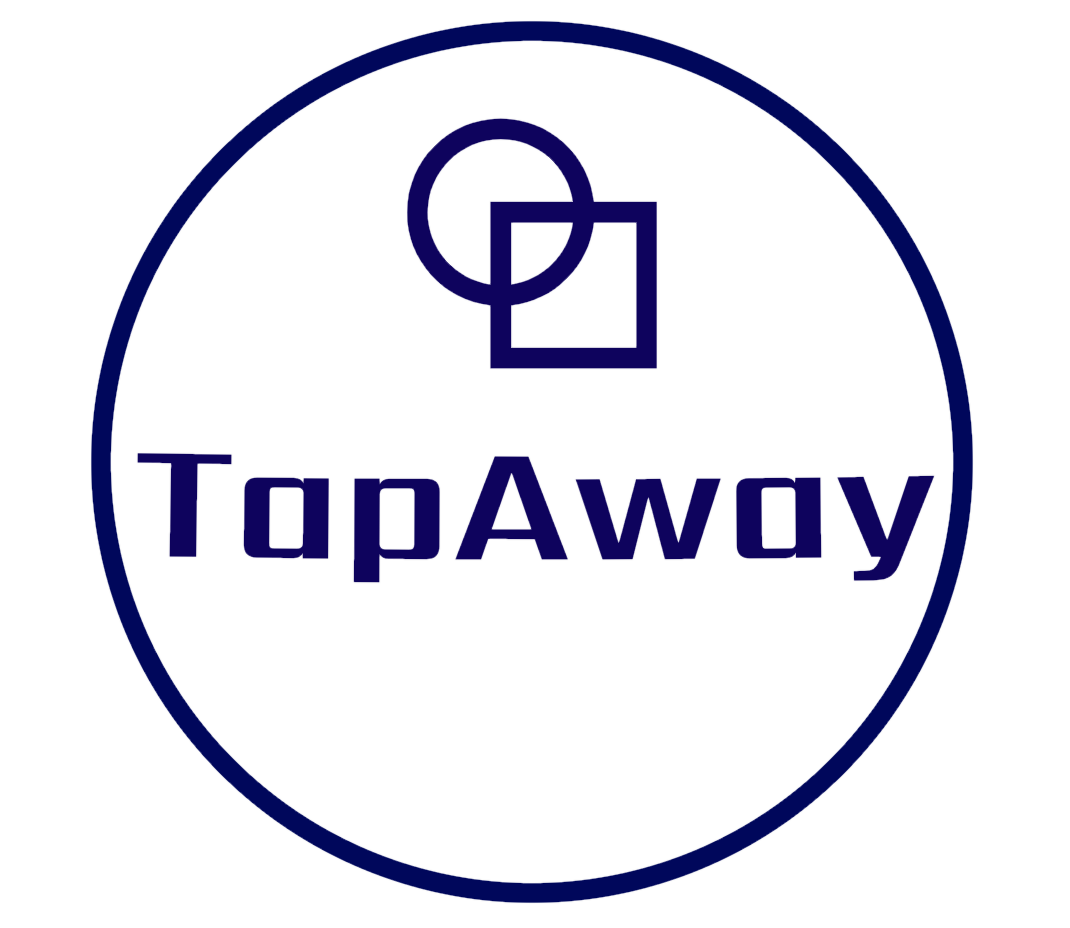
What is
Positive Behaviour Support?
Positive behaviour support (PBS) is a proactive approach to supporting children, families and support staff with behaviours of concern.
PBS understands that all challenging behaviour has a purpose or reason (this is called the ‘function’) and it is not random or meaningless.
Please watch this short video to help explain Positive Behaviour Support Watch Video
All aspects of the child, their environment and their support network are considered to provide a holistic assessment and intervention. Each Behaviour support plan is individual and is tailored to the participant and their lives.
Please refer to the following Link to help answer any questions you may have about NDIS Positive Behaviour Support Capability Framework.
Positive Behaviour Support may include:
-
Observations – at home, pre-school, Early Learning Centres, school, OSHC, sporting activity or other community environments.
-
Sessions with child.
-
Sessions with parent.
-
Parent/Teacher/School Leadership, Student Support Officer, or Support Worker consultation
-
Allied Health professional consultation
-
Consultation with, and compilation of information and reports from other disciplines/therapists working with child e.g., Speech Pathologists, Occupational Therapists, Early Educators, Physiotherapists
-
Review of relevant documentation and reports e.g., School Behaviour Support Plans, previous Behaviour Support Plans, Independent Learning Plans,
-
Report writing, and preparation of obligatory documentation required by the NDIS regarding behaviour support plans.
-
Development of an Interim Positive Behaviour Support Plan (within 4 weeks), Functional Behaviour Assessments and then a comprehensive Positive Behaviour Support Plan (within 6 months).
-
Plan implementation including training those working with child and family.
-
Reporting of outcomes of plan implementation and reviewing plans at 3-, 6- and 12-month intervals.


